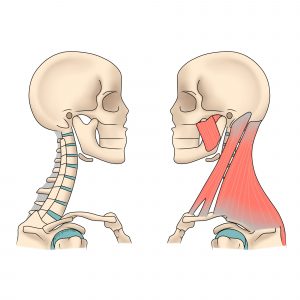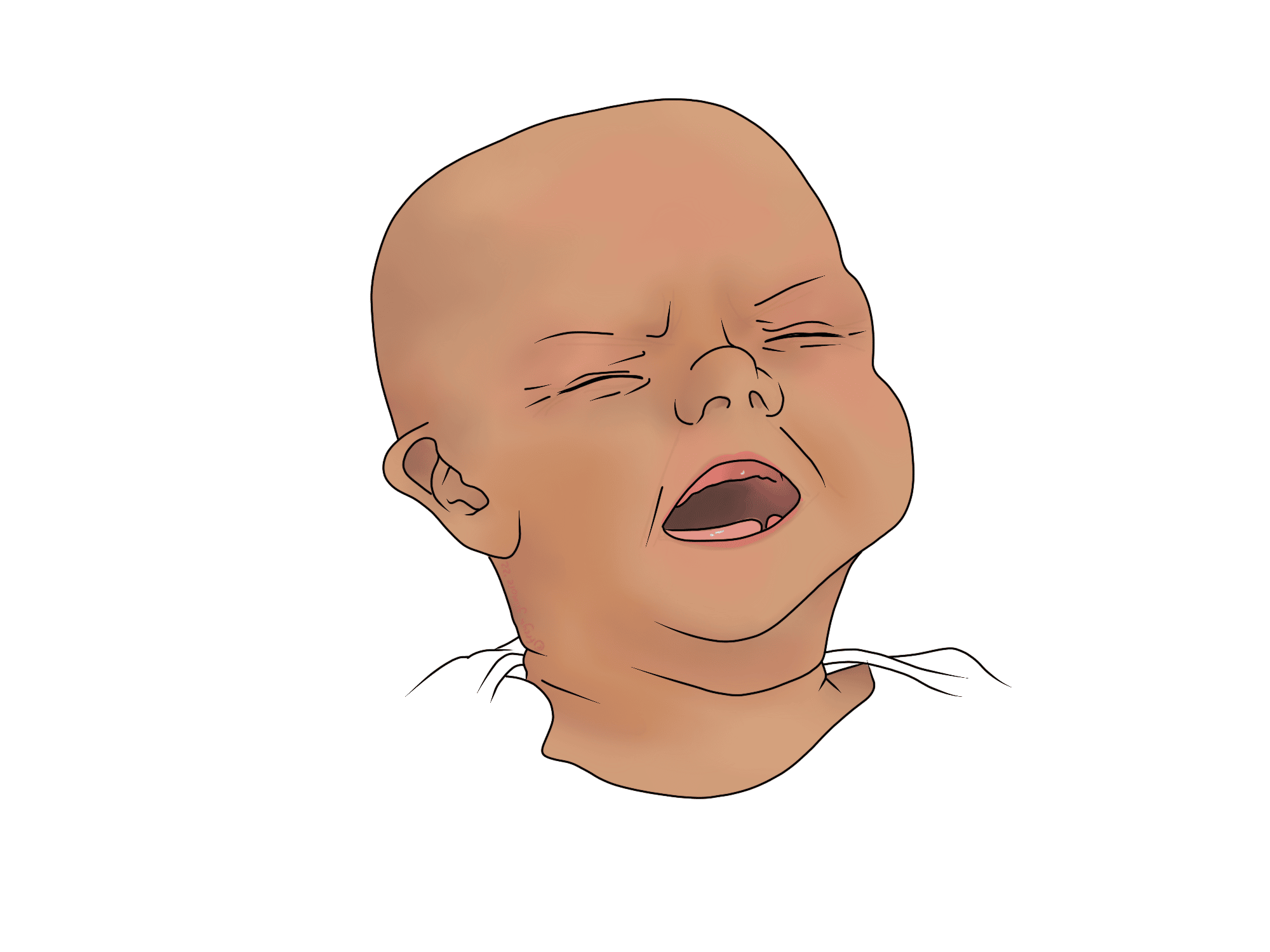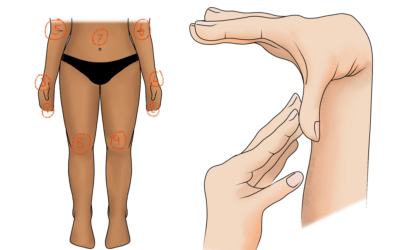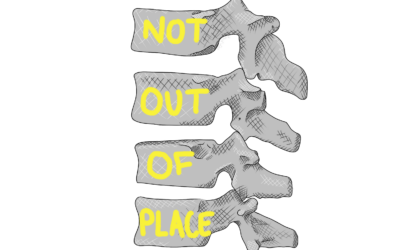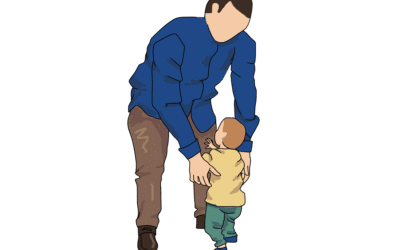Colic is not a specific condition or a diagnosis. Rather, it is a collection of symptoms (primarily persistent crying) that could be indicative of a number of other things.
Symptoms of Colic
The NHS definition of colic is crying for:
- more than 3 hours a day
- over 3 or more days per week
- for at least a week
This most commonly affects babies under 4 months old. Crying may be worse in the evening and accompanied by gassiness, clenched fists, or a red face. They may also be generally unsettled, and easily upset when put down.
Possible Causes
Babies under 6 months are not great communicators, so persistent crying could be a sign of a range of problems that are causing discomfort. Some of the symptoms beyond crying can be indicative of a digestive issue. Babies who show discomfort and bring their knees to their chests while arching back might be suffering from reflux. If you find that the colic begins after a feed, or baby is particularly gassy, these too could be signs of a gastric issue.
Managing Colic
As colic is a symptom of something else, there’s no one recommended treatment. However there are some methods that might help you and your baby.
Management in Clinic
Some parents find that cranial osteopathy helps their child. Cranial techniques are gentle and age appropriate- we won’t click babies’ joints like we do with adults. Gentle pressure through the head and neck can be soothing, and may be complemented by work into the rest of the body. If the causes of your baby’s upset are digestive, gentle work to the abdomen or diaphragm might suit them. Digestive issues combined with crying can cause further tightness into the diaphragm, which can be uncomfortable in itself, so treating all areas leaves no stone unturned.
If the knock-on effects of colic are stress and tension for you as a parent, we can help you too. People often hold stress in their upper back and shoulders, which can lead to local pain or headaches. Sometimes it can even predispose you to pain in the arm or lower back. Your osteopath can look at the body as a whole to identify and manage these patterns.
Management at Home
Don’t underestimate the impact of lost sleep and constant screaming on yourself. If you need to, take turns with your partner to take a break from the crying, even if it’s just to get out of the house for half an hour. Bear in mind that when you are exhausted, you might not make the best decisions, and unsafe sleep could be one of those. If you find that your baby responds best to being held, make sure you don’t hold them somewhere where falling asleep with them in your arms might be dangerous. Chairs from which they could fall and hurt themselves, or soft furnishings like sofas or beds with lots of cushions and covers can be a hazard to your baby. If you are struggling to cope, speak to your health visitor or midwife, GP, or the cry-sis helpline.
Cuddling or rocking your baby may help to soothe them. Similarly, a warm bath might help, but only if you feel alert enough to confidently supervise. Low lighting and soft music or white noise might also help to calm your baby down. If symptoms come on after feeding, try to keep baby upright for a few minutes to help minimise reflux before laying them flat.
Always seek medical help if you feel like something is seriously wrong, even if your instincts are the only explanation.
Click here to make an appointment for your baby in Horley or Crawley.














